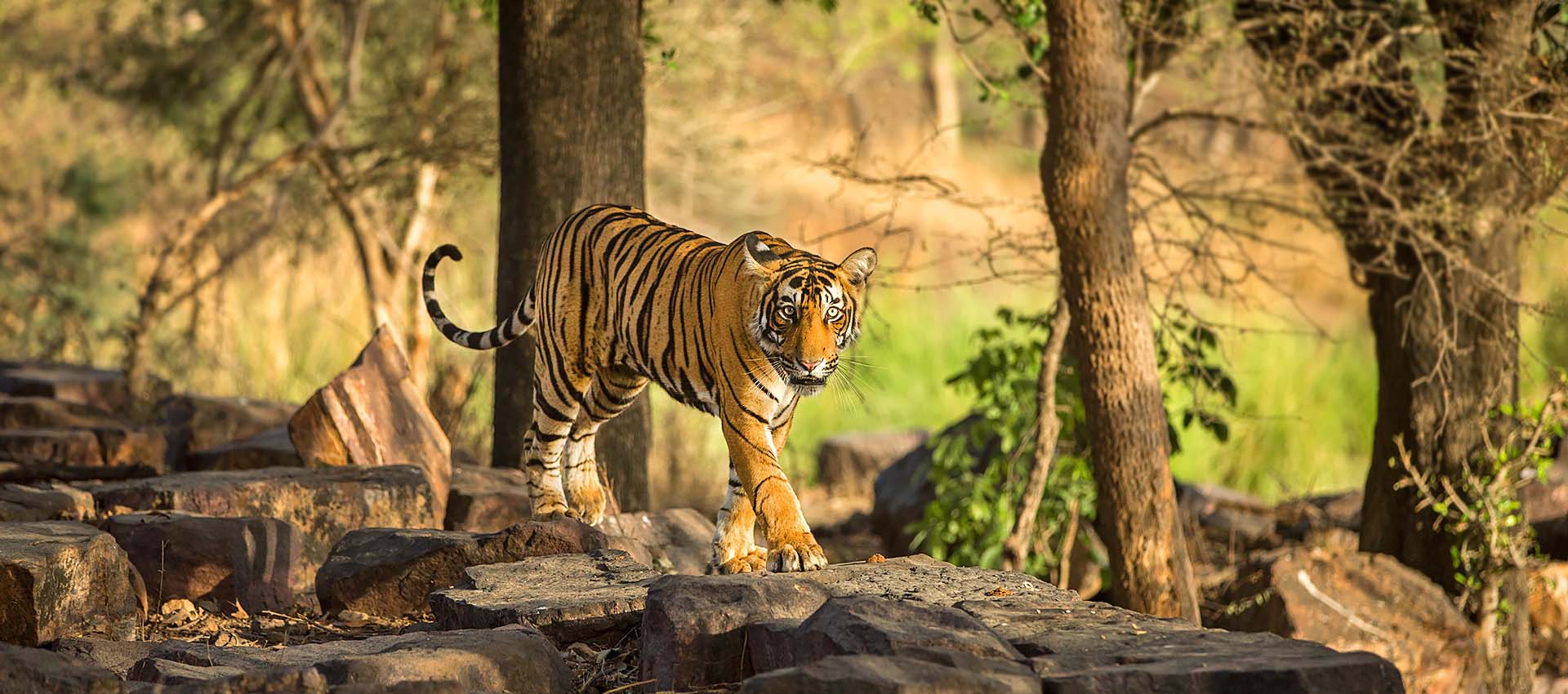Tigers in Ranthambore
The number of tigers in Ranthambore has increased from 63 to 80 in two years. These include 25 tigers, 31 tigresses and 24 cubs. This is a happy picture of our efforts to save tigers, but the decreasing space amidst the increasing number of tigers poses a threat to both tigers and humans.
The reason is that Ranthambore has only 43 tigers but it has twice the capacity. Due to non-availability of territory, 15 tigers are leaving the forest and roaming in the villages. At the same time, 24 young cubs also need their territory now. Therefore, either the tigers will die fighting among themselves or they will enter the villages bordering the reserve and kill the people. This danger can be gauged from the fact that the survival rate of cubs has come down by 30% in 4 years. Now only 7 out of 10 cubs are surviving in Ranthambore, whereas in 2018 all managed to survive.
Ranthambore National Park Area is 1700 Sq km and tiger is 80
Ranthambore is the reserve with the highest tiger density kering capacity among more than 20 tiger reserves of its counterpart in 6 states. According to the National Tiger Conservation Authority of India in 2021, there are more than 10 tigers in every 100 sq km.
Ranthambore National Park -No of Tigers is 80
Sariska Tiger Reserve – No of Tigers is 24
Mukundra Hills – No of Tiger is 1
Ramgarh Vishdhari – No of Tiger is 1


